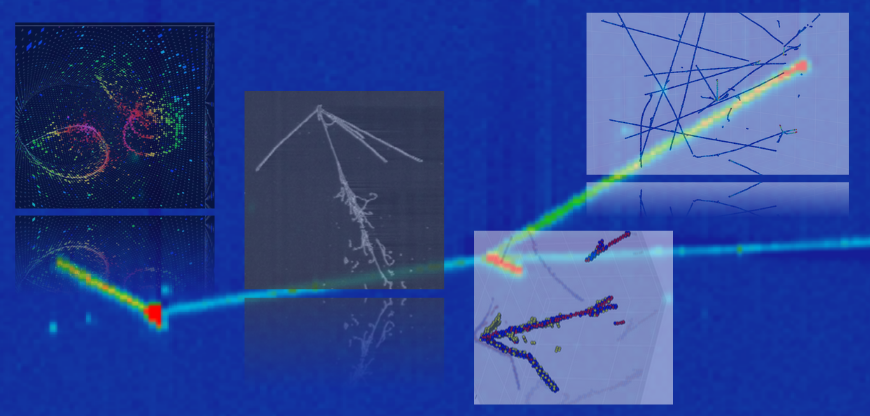Speaker
Description
The Jiangmen Underground Neutrino Observatory (JUNO), which has recently begun operations, is an ambitious experiment designed for precision neutrino physics. To achieve its main objectives — the determination of neutrino mass ordering, and the sub-percent measurement of the θ_12, Δm_21^2 and Δm_31^2 neutrino oscillation parameters — the experiment demands highly accurate Monte Carlo (MC) simulations. These simulations must describe the complex response of the 20-kton liquid scintillator target within a 35.4 m diameter acrylic sphere, which is monitored by the 17,596 20-inch and 25,587 3-inch photomultiplier tubes installed. Tuning the effective parameters of these simulations to match experimental data is crucial to characterize the complex detector response and understanding detector related systematics, but traditional iterative methods are computationally prohibitive for modern, large-scale experiments like JUNO.
This work presents a novel solution using Simulation-Based Inference (SBI) to perform precise and accurate MC tuning. We achieve this by creating fast surrogate models that efficiently approximate otherwise intractable likelihoods, incorporating detector response. We developed two complementary neural likelihood estimators: (i) a Transformer Encoder Density Estimator (TEDE) for binned analysis and (ii) a Normalizing Flows Density Estimator (NFDE) suitable for both binned and unbinned analyses. Using the JUNO detector as a case study, we train these models on sets of simulated energy spectra from five distinct calibration sources, with each set generated for a specific configuration of detector response parameters. The models learn the complex, non-linear relationship between three key energy response parameters — the Birks' coefficient, the Cherenkov light yield factor, and the absolute light yield — to accurately approximate the conditional probability density function of the energy spectra for any combination of the parameters. Parameter inference is performed by integrating these learned likelihoods with a Bayesian nested sampling algorithm. Our results show that this approach successfully recovers the true parameter values with near-zero systematic bias and uncertainties limited purely by the statistics of the input data.
The proposed framework establishes a promising and generalizable template for parameter inference in modern physics experiments where a comprehensive detector response is computationally expensive to evaluate.

